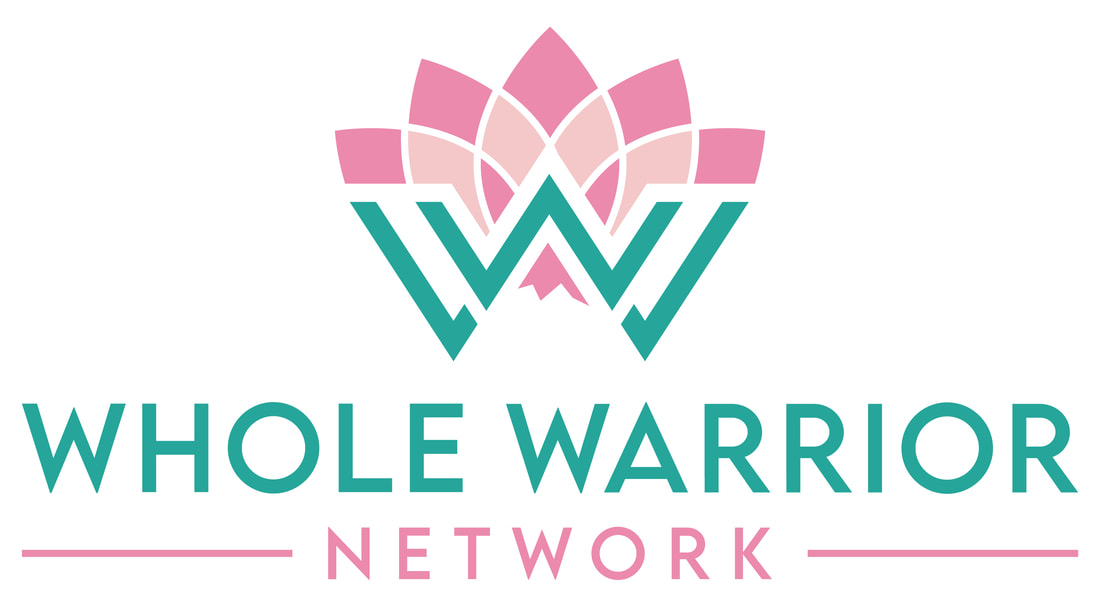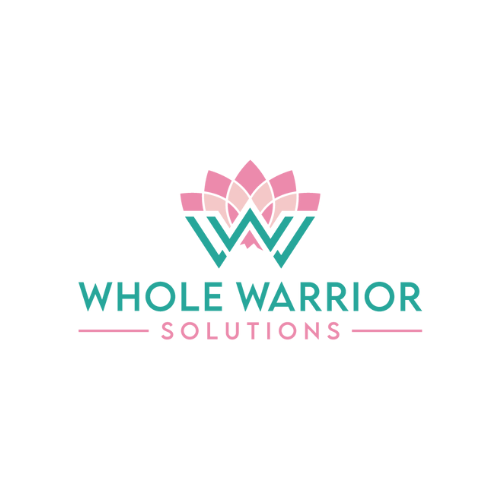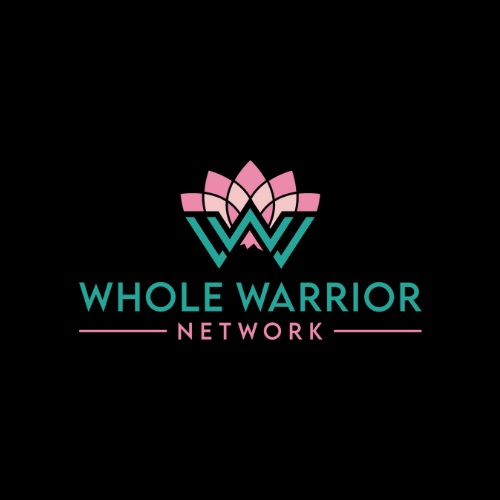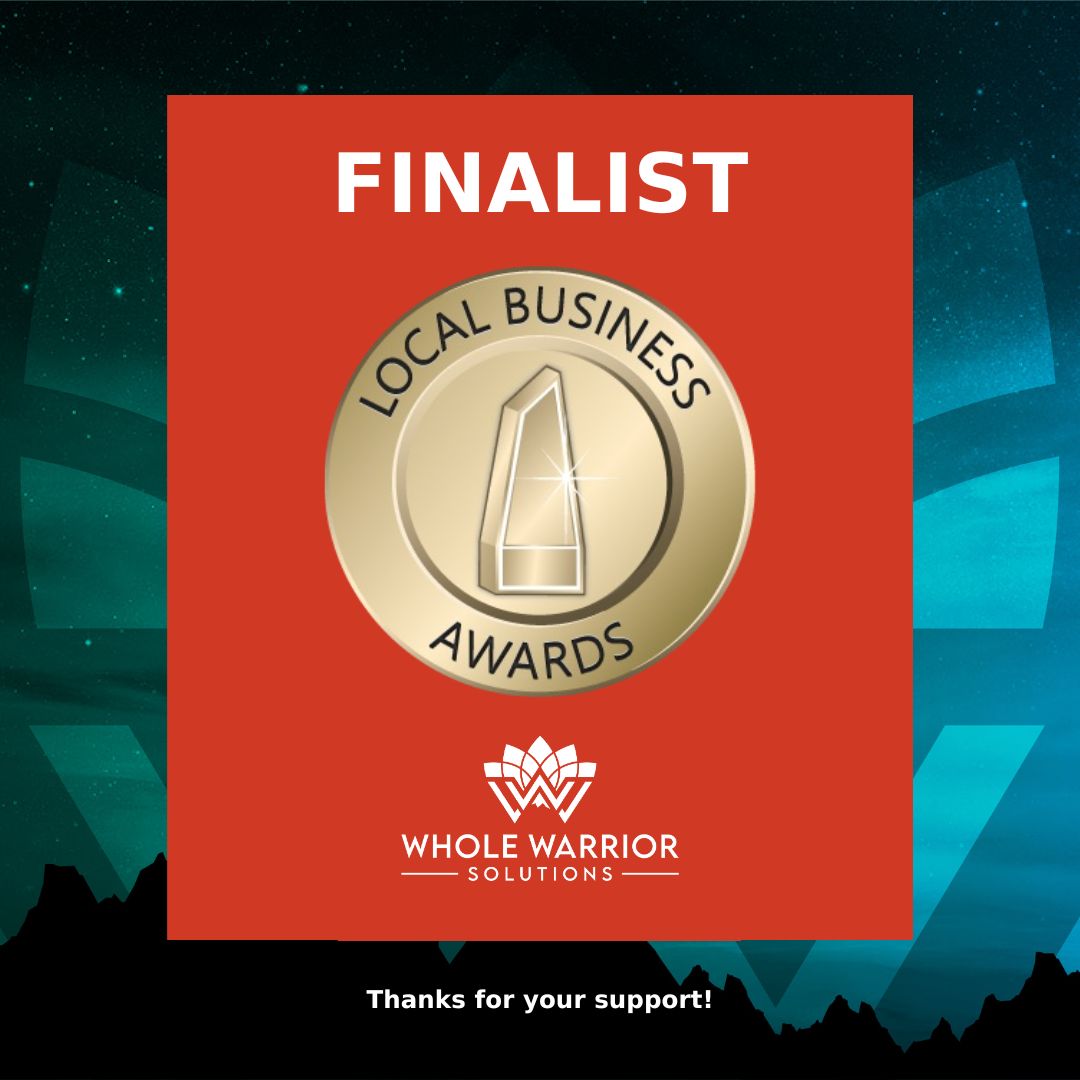|
Whole Warrior Solutions blog
RUOK day is coming up on 8 September 2022 and it’s a great time to check in with your clients, carers, contractors, staff and self. Are you ok? Frontline workers in the field of humanities during a pandemic have been exposed to challenging working conditions.
How do you know you or a client are ok? What are the signs that someone is becoming mentally unwell? We unpacked this today in our Interagency Meeting at the NDIS Network. Some of the signs of becoming unwell or burnout identified include: absenteeism, irritability, negativity, angry outbursts, alcohol and other drug abuse, fatigue, micro-managing, insomnia, lack of boundaries, lack of compassion, or a self-harm or suicide disclosure. As practitioners, people with disabilities, carers, business owners or employees…what are some ways we can support good mental health? Becoming self-aware of our own triggers and signs is the first step. Keep an eye out for our colleagues, any change in behaviour and check in with them if they are ok. With clients we can learn and practice a person-centred and trauma informed approach to provision of care. Have specific care plans for each client and ensure staff read and implement it so the least intrusive approach is taken with each client. Incorporate education in your continuing professional development plan each year, book your staff into the Mental Health First Aid Certificate and annual free Suicide Summit. Equip your workforce, offer them employee assistance and wellness support, an empathic ear, time off or alternative duties if they show signs of or state they are not coping. Having a detailed disaster recovery plan will help entrepreneurs continue service provision if an employee has a mental health issue and needs time off. Some mental health tips at work include: appointing an RUOK workplace champion, offer a free Workplace Online Course, and create a supportive culture around wellness and good mental health practices. What is the cost to your business of workplace injury (or loss of clients) due to underperforming or injured staff? The Rape Crisis Line years ago had about 30% of staff on workplace injury (they have since merged with 1800 RESPECT national DV line). When they implemented a 15 min phone handover / debrief at the end of each shift and issued a bonus $2,000 mandatory spa self care package to each employee their injury rate for psychological injuries including vicarious trauma (also known as secondary trauma) and PTSD reduced a whopping 99%! What process do you have in place for employees working from home re debriefing, support, or critical incident debriefing within 24 hours. Have you started a walking group at work or promoted a self-care culture? Employers, do you offer a listening ear and empathy to workers and or clients experiencing stress and mental health vulnerabilities? Do you have a wellbeing policy and procedure for the workplace and ensure your staff and contractors take annual leave. Even the best laid P&Ps only work if they are implemented and if the staff member agrees to engage. Yes, staff and clients have the dignity of risk to manage their mental health and stress the way they choose. However, there is a minefield of HR legislation and best practice to keep up with. What are your best tips for mental health at home, work and in your practice with clients? Having been a frontline worker for over 20 years I have learnt the value of self-care the hard way. The crawl back from burnout is not a pretty one. It’s worth my time and money to invest in preventative measures, believe me! For me the investment in clinical supervision is the best money I have ever spent as a counsellor in private practice. In this pandemic climate I’ve noticed people at times present a bit frayed, stressed out. It only takes pressing a contractor a little for a deadline, and they walk off the job! Tempers are frayed! For me personally, having a routine that incorporates mindfulness, meditation, exercise, fresh air, sunlight, personal, social, nutrition, water, boundaries integrity and professional development is the key to longevity in human services. I don’t always get the balance right but I owe it to myself and my clients to keep working at my wellness so I can continue to hold the space for them. Knowing the signs of burnout, preparing, planning and implementing a wellbeing plan in the workplace can alleviate a lot of pain and prevent psychological injuries. Boundaries also definitely help with knowing your own limits, being self-assertive, managing time and workload can save a lot of heartache and event reduce risk of suicide. Finally, mind, body spirit integration is an evidence based multi-pronged approach to heal emotional wounds, overcome self-sabotage, improve communication, and increase sense of wellbeing. If you’d like to know more about it, reach out to me at www.wholewarriorsolutions.com.au for employee assistance counselling, peer supervision and wellness mental health workshops. Furthermore, I had a dear counselling client pass away recently and want to pay it forward with a free workshop called The Seasons Light - Awaken the Dawn Mental Wellness Workshop on 9 September 2022 11.30 am - 1 pm online. Book here! RUOK, start a meaningful conversation that could prevent a suicide! Do reach out if you'd like to book a confidential counselling session or a peer supervision workshop for your team. In this profession there is no shame in debriefing, doing reflective practice and doing case reviews to increase our resilience and reduce risk of vicarious trauma on the front line. In fact it is an essential practice for sustainability and longevity so we can help more people and do no harm. Finally, RUOK? Reach out via return email. Light, love and healing Tania Learn more at www.wholewarriorsolutions.com.au
0 Comments
Leave a Reply. |
AuthorTania Gorry is the founder of Whole Warrior Solutions based on the Central Coast of NSW. Blog Categories
All
Blog Archives
December 2023
|
|
|
|
CONTACT US
Nexus, 3 Amy Close, Wyong NSW 2259, Central Coast, Australia PO Box 200, Wyong NSW 2259 Telephone: 1800 431 506 |
At Whole Warrior Solutions we provide Counselling, Coaching, Consulting and Community Services Australia wide. Established 2018
Empowering futures! Founder of Whole Warrior Network @wholewarriornetwork #ndisnetwork Established 2019 |
(C) Copyright 2018-2023 Whole Warrior Solutions | All rights reserved | ABN 59 941 852 312 | Privacy | Disclaimer


 RSS Feed
RSS Feed





